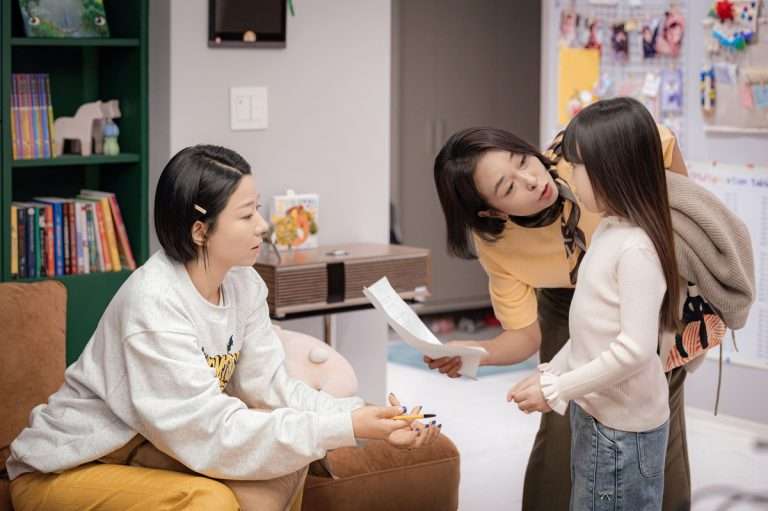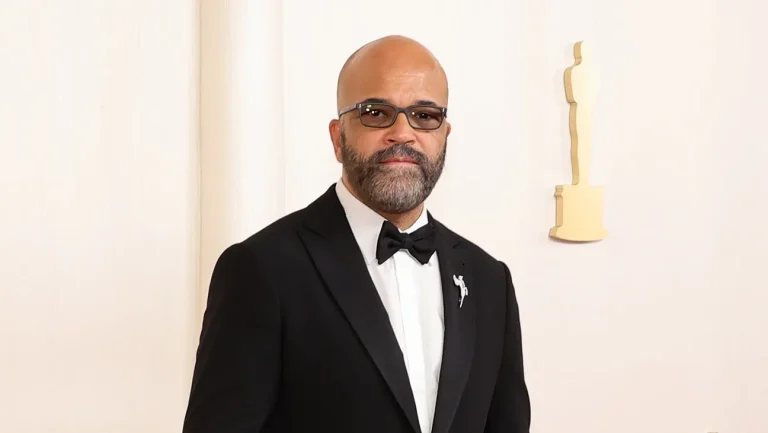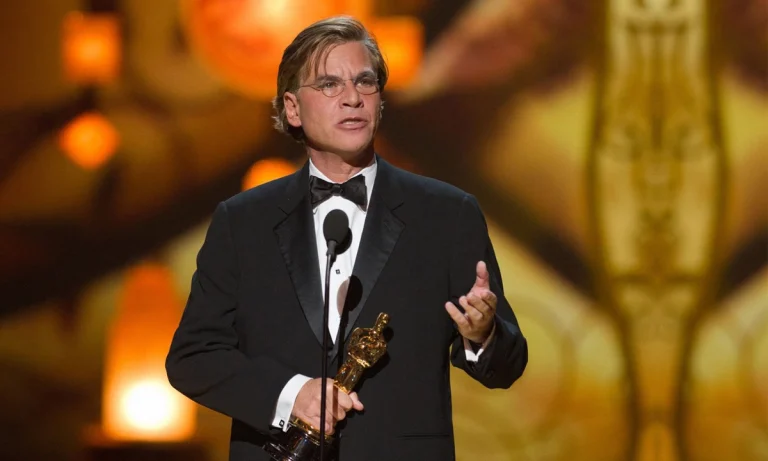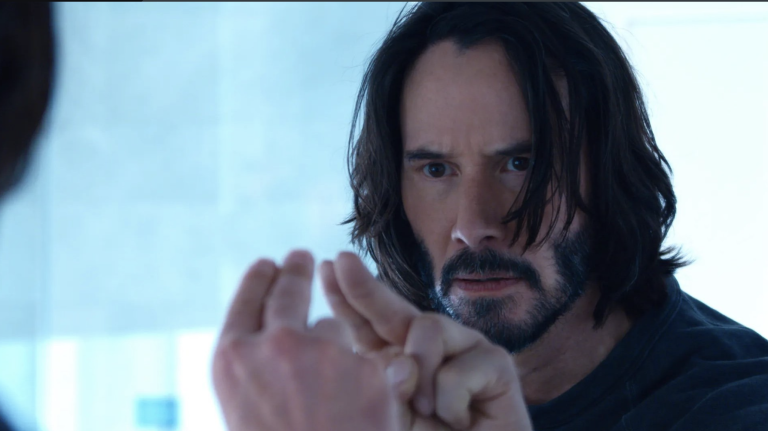A major credit for a film’s success depends on the impact it makes on the critics who review it. Film critics hold the power to make or break a film’s fate. Roger Ebert was one of the most influential and prominent critics of the film industry, who, as a professional, watched and reviewed numerous films. One film that he reviewed during his career was the 1986 film “Blue Velvet,” starring Isabella Rossellini. Roger Ebert’s review of the film didn’t go well with the actress Isabella Rossellini, who, after decades of film releases, has condemned Ebert’s review and clarified where he went wrong.
Why did Roger Ebert’s review seem problematic to Isabella Rossellini?
Isabella Rossellini is a renowned actress who has delivered numerous incredible performances throughout her career. In 1986, the actress appeared in the David Lynch-directed film Blue Velvet. On its release, the film received an infamous review by Robert Ebert, who also gave the movie one star. In his review, Ebert criticized Lynch’s casting of Isabella Rossellini in a role where she gets “humiliated.”
In Blue Velvet, Rossellini played the character of a tormented nightclub singer, Dorothy Vallens. She is held emotionally and physically captive by the sociopath gangster Frank Booth (Dennis Hopper).
Sharing his insight on the film, Ebert wrote, “[Rossellini] is asked to do things in this film that require real nerve … She is degraded, slapped around, humiliated and undressed in front of the camera. And when you ask an actress to endure those experiences, you should keep your side of the bargain by putting her in an important film.”
Decades later, after the film’s release, Rossellini reflected on Ebert’s review, claiming that she “didn’t read the reviews at the time [‘Blue Velvet’] came out.” When a question was posed before her regarding Ebert’s infamous pan, the actress told IndieWire, “I try not to read reviews. They’re always depressing. There’s always something that, even if [the review is] good, there is always one sentence that is negative and stays inside you forever. But I remember I was told that Roger Ebert said that [Lynch] exploited me, and I was surprised because I was an adult. I was 31 or 32. I chose to play the character.”
The actress further clarified that nobody compelled her to take the role, and it was her conscious choice. She said, “When I read the script, I understood it could’ve been controversial and difficult. I did say to David, ‘You don’t have to say the lines, but I would like to rehearse with you all the scenes and paraphrase the lines.’ I wanted to make sure that what you’re seeing is a person who has maybe a kind of Stockholm syndrome, and we rehearsed for a full day. I felt reassured that what I saw in the character, the way I wanted to play, he had agreed.”
Blue Velvet received mixed reviews from the audience, although many film critics called it a masterpiece. The film earned Lynch an Oscar nomination for best director. Moreover, the National Society of Film Critics awarded “Blue Velvet” its prizes for best film and best director.






